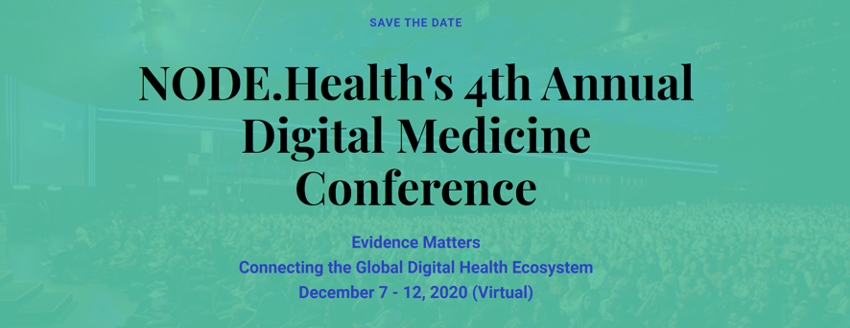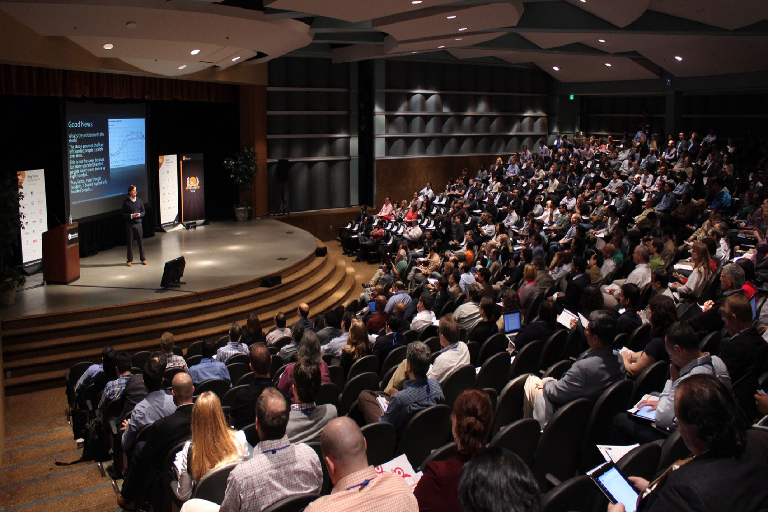1. Abstract
Despite rapid advances in EMR technology, developing countries face a wide digital gap in EMR adoption. This paper examines the socioeconomic, infrastructural, and policy-driven barriers to widespread EMR implementation in emerging healthcare systems, with a case focus on India. It proposes policy interventions and investment strategies for equitable EMR deployment.
2. Introduction
Electronic Medical Records (EMRs) are essential for modern healthcare delivery—enhancing care coordination, minimizing errors, and supporting public health surveillance. However, in low- and middle-income countries (LMICs), adoption lags due to resource constraints, lack of standardization, and digital illiteracy. This paper explores these challenges and identifies strategic responses.
3. Current EMR Penetration in Developing Nations
- EMR usage in Sub-Saharan Africa: Below 20% in primary care facilities.
- India: Approximately 35% of hospitals use EMRs, with wide disparities between urban and rural regions
- Bangladesh, Nepal, and Pakistan: Adoption rates under 15%, primarily through donor-funded programs.
4. India Case Study: Digital Health Mission
- India launched the Ayushman Bharat Digital Mission (ABDM) to create a unified health data architecture with EMR integration.
- ABDM includes components like unique Health IDs, eHealth records, and health information exchange (HIE).
- However, actual adoption remains skewed toward metro cities due to lack of technical capacity in rural districts.
Technology as a Leveler: Open-Source & Mobile-First EMRs
- OpenMRS, Bahmni, GNU Health: Designed specifically for low-resource settings
- Mobile EMRs: Smartphone-compatible apps like CommCare, HealthPlix, and Simple.org provide accessible records for primary care use.
Ethical and Equity Considerations
- Risk of digital exclusion of patients in rural, tribal, or low-literacy settings
- Need for multi-language EMR interfaces, audio support, and culturally sensitive designs
- EMRs should not reinforce existing inequalities in healthcare access
Future Outlook
- With targeted investment and collaborative models, LMICs like India can leapfrog to smart, interoperable EMRs within the next 5–10 years.
- The future lies in low-cost, cloud-native, AI-enhanced EMRs deployed through PPPs and backed by strong national digital health governance.
Conclusion
EMRs hold transformative potential for public health, but realizing this potential in developing regions requires tackling infrastructural, financial, and policy-level barriers. A patient-centric, equity-driven, and government-supported approach is critical for building sustainable, inclusive digital health systems.






























